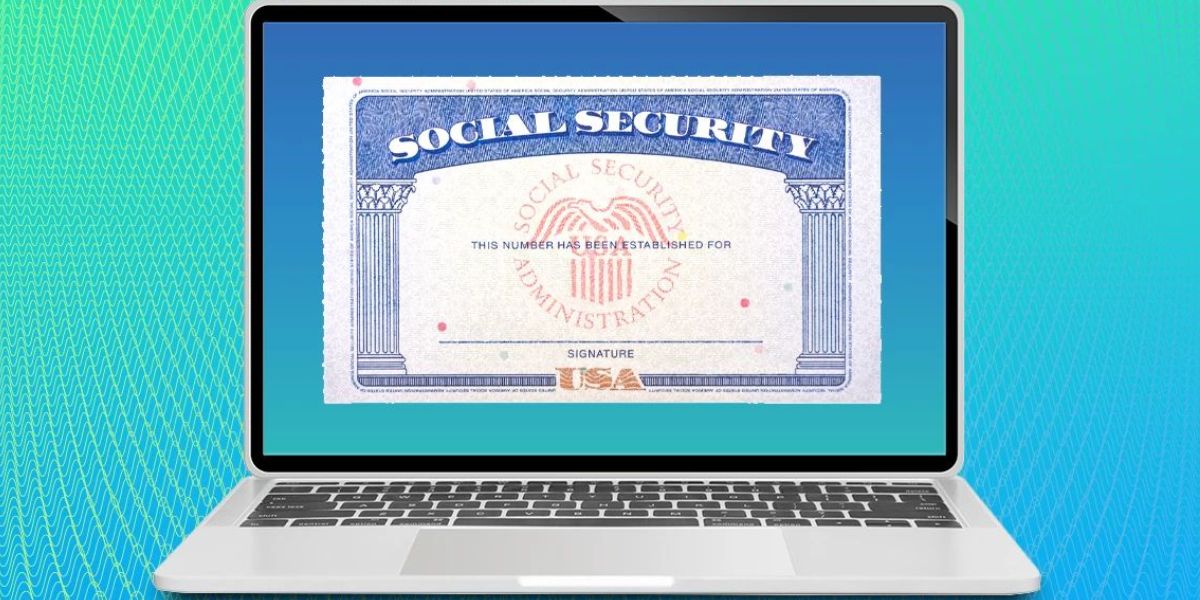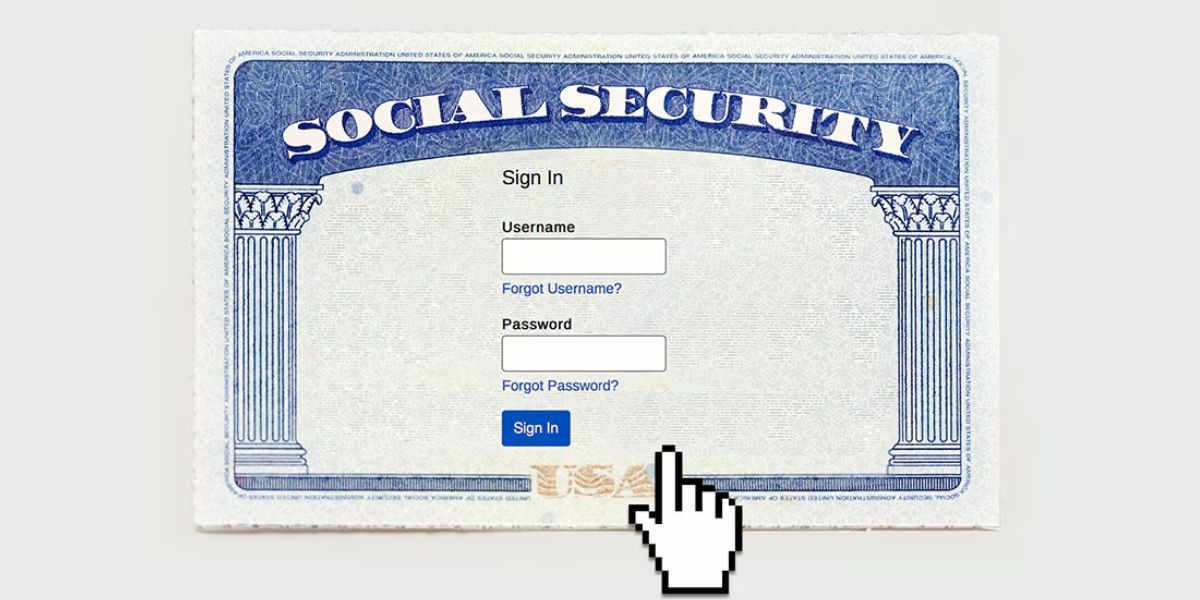In a relief to Americans, the Social Security benefits and Supplemental Security Income (SSI) payments will increase by 2.5% due to a cost-of-living adjustment (COLA). The new changes will come into effect on January 1, 2025, and the payments will be made for December of 2024.
The Mirror quoted the Social Security Administration as saying: “The latest COLA is 2.5 per cent for Social Security benefits and SSI payments. Social Security benefits will increase by 2.5 percent beginning with the December 2024 benefits, which are payable in January 2025. Federal SSI payment levels will also increase by 2.5 per cent effective for payments made for January 2025. Because the normal SSI payment date is the first of the month and January 1 is a holiday, the SSI payments for January are always made at the end of the previous December.”
From the existing 66-67, the retirement age may go up to 68–70 years, depending on an individual’s birth year. Also, the cap on the tax earnings for Social Security increased from existing $160,200 to $176,100.
The changes are expected to have a positive impact on retired people who depend on Social Security for their survival and those who are unable to work due to disabilities.
While the adjustment is smaller than in recent years, it’s higher than times when COLA increases were under 2%. However, the rise in Medicare Part B premiums, from $174.70 to $185 per month in 2025, might reduce the overall benefit for some households.
A smaller COLA increase is often viewed as a positive indicator for the economy, reflecting a lower need to account for high inflation.
Data from the SSA’s Office of Retirement and Disability Policy shows that 70.6 million individuals received Social Security benefits in 2022, with 5.6 million new beneficiaries added that year. Among disabled worker beneficiaries, the average age was 55.6, and women comprised 55% of SSI recipients. Additionally, 85% of SSI payments were made to individuals with disabilities or blindness.
What are Social Security benefits?
It is financial support given to US citizens once they retire or if they are unable to work due to a disability.
How to manage your account & what can you do with it?
You can handle most Social Security matters online through a free “my Social Security” account. You can know the status of your application, change or modify the name, address, and other information, make changes to the payment details, etc
You can also find documents related to the payments to report your income and get a tax return also download a benefits verification letter for proof of income.
What is the Cost-of-Living Adjustment increase for 2025?
A 2.5% increase in 2025, based on the cost-of-living adjustment (COLA), reflects inflation measured by the Department of Labor’s Consumer Price Index.
When will you see the COLA increase?
Social Security recipients will receive the adjusted benefits starting in January 2025. The increase applies to December 2024 benefits, paid in January 2025. Whereas the SSI payments for January will be issued at the end of December 2024.
When will the notification of COLA come out?
COLA notices are mailed in December, but you can view your updated benefits online through your “my Social Security” account starting early December. Make sure to set up your account by November 20, 2024, to access this feature.
Who can see their COLA notice online?
COLA notices are available online to most beneficiaries through the Message Center of their personal my Social Security account if they created their account by November 20, 2024. My Social Security is a secure, convenient way to receive COLA notices online and save the message for later. Many of our notices – like the COLA notice and our popular 1099 tax form – are available online. You can choose to get available notices online instead of in the mail and receive email or text alerts under “Message Center Preferences.” This means not needing to wait for them to arrive in the mail or getting the notice lost or misplaced.
Additionally, many of our forms – such as those related to overpayments or that need to accompany disability applications – are available online and no longer require wet signatures. This makes it easier and quicker for us to electronically request and for customers to electronically submit various types of evidence and documents. Otherwise, customers would need to mail, fax, or visit a local office. You can also use your account to manage your benefits and much more!
Retirement Benefits
Monthly payments are based on your lifetime earnings. The eligibility criteria with regard to this is:
- At least 62 years.
- Worked and paid Social Security taxes for a minimum of 10 years.
Disability Benefits
Monthly payments for those with a qualifying disability or blindness and sufficient work history.
Survivor Benefits
Support for family members of a deceased worker who paid into Social Security, such as spouses, ex-spouses, children, or dependent parents.
What is Supplemental Security Income (SSI)?
SSI is a monthly benefit provided by Social Security to individuals with limited income and resources who are disabled, blind, or 65 years of age or older. It differs from Social Security retirement or disability benefits.
Who Can Receive SSI?
SSI offers financial assistance to adults and children with income and resources below certain limits, provided they meet one of the following criteria:
-
Key Eligibility Criteria for SSI:
- Financial Limits: SSI provides financial assistance to adults and children with limited income and resources.
- Age or Disability:
- Be aged 65 or older, or
- Be blind, or
- Have a disability that meets the Social Security Administration’s (SSA) definition of disability.
- Residency and Citizenship:
- Be a U.S. citizen or a qualified non-citizen.
- Reside in one of the 50 states, the District of Columbia, or the Northern Mariana Islands.
- Marriage and Age:
- Marital status is not a disqualifying factor for SSI. Married individuals can apply, but their spouse’s income and resources may be considered.
- Age range is not limited to 18–65; individuals younger than 18 or older than 65 can qualify if they meet other criteria.
-
Previous Applications:
- Having applied for or received SSI benefits in the past does not disqualify a person from applying again.











